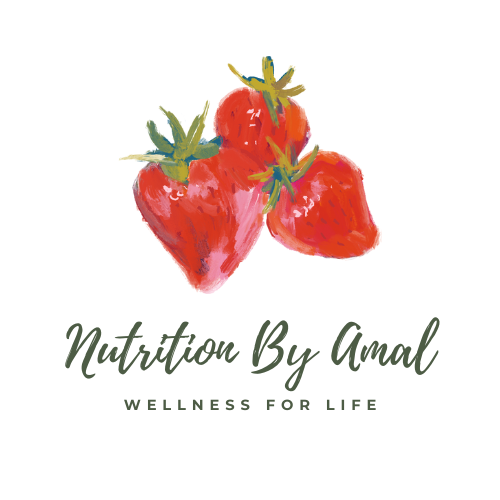Berries are a good source of flavan-3-ol, a subtype of flavanoid that offers a wide range of health benefits. However, a small study published in the journal Food & Function found that the level of flavanols in smoothies decreases when flavonol-rich foods are blended with bananas.
This study got a lot of attention after a viral TikTok video explaining the research claimed that adding bananas to berry smoothies will “destroy their nutritional value.” The video has since sparked an intense debate on whether bananas have a place in fruit smoothies.
Javier Ottaviani, PhD, the lead author for the study and an adjunct researcher at UC Davis, said the combination of bananas and berries isn’t the best for people focused on certain nutritional goals.
If consumers want to increase their flavanol intake via fruit smoothies, it’s best to avoid combining flavanol-containing foods, like berries, with fruits and vegetables that contain a high level of polyphenol oxidase, like bananas.
A reaction between flavanols in berries and an enzyme in bananas called polyphenol oxidase (PPO) is to blame. PPO is the same enzyme that causes fruits to brown when it’s exposed to oxygen—think about apple slices that have been left out for a few minutes.
If you want to maximize flavanol intake from your smoothies, you can consider using foods with lower PPO, such as pineapple, oranges, mango, and yogurt. In addition to flavanols, berries contain a good source of vitamins, fiber, and antioxidants.
If you’re generally healthy and consuming a well-balanced diet with a variety of fruits and vegetables throughout the day and occasionally consuming these mixed fruit smoothies, I would not be concerned about the potential impact of polyphenol oxidase on the flavanol absorption.

